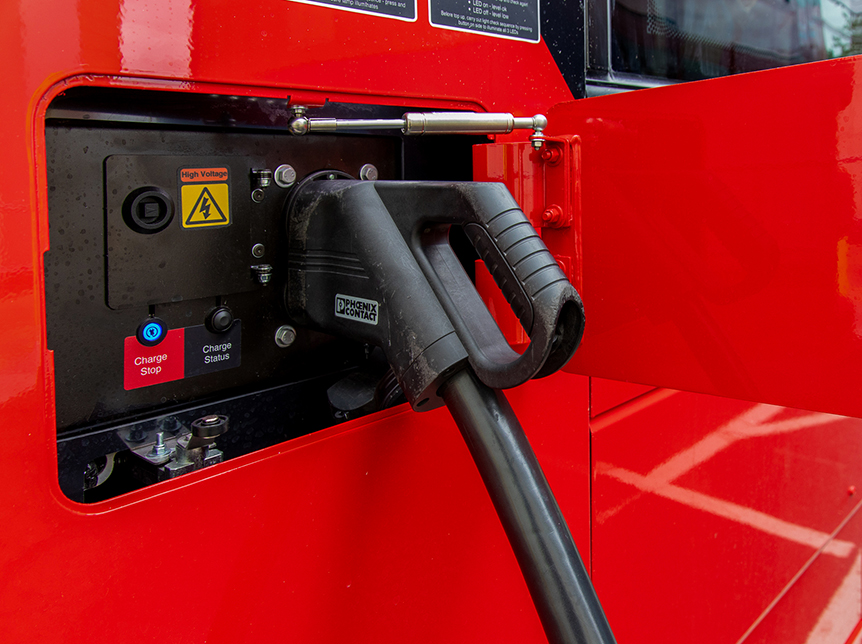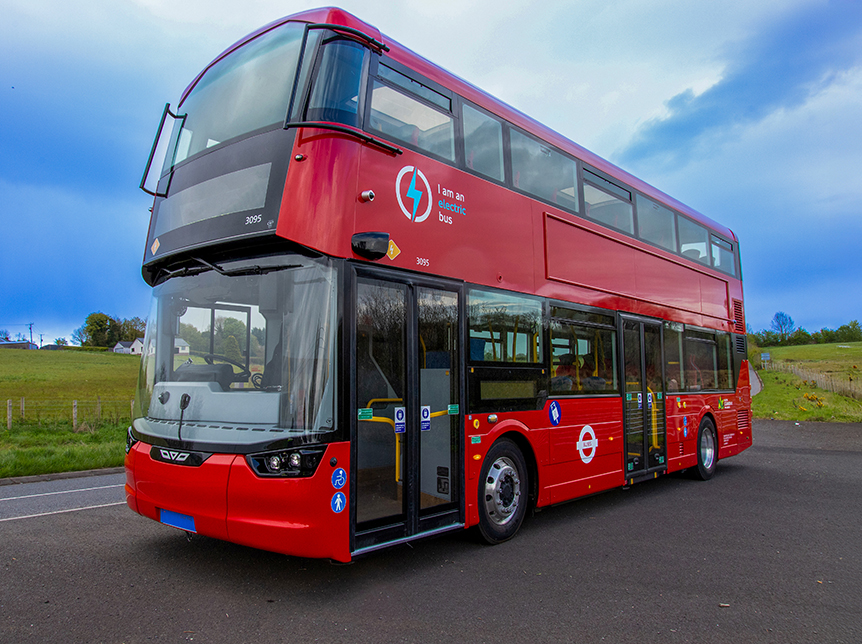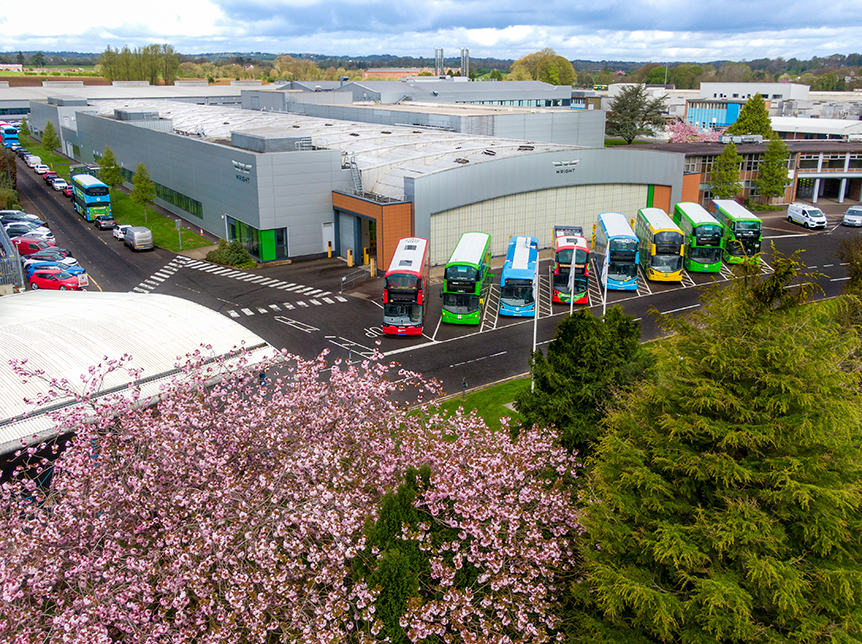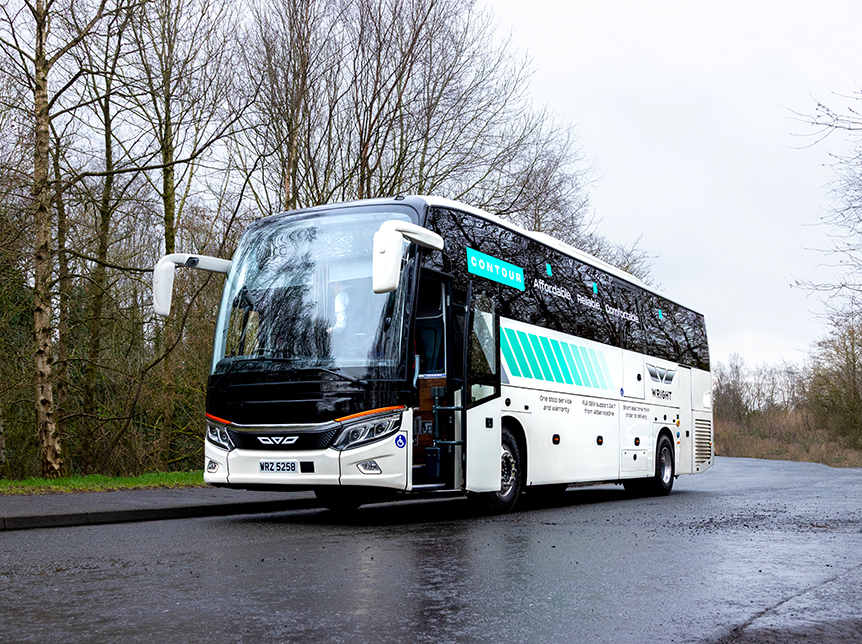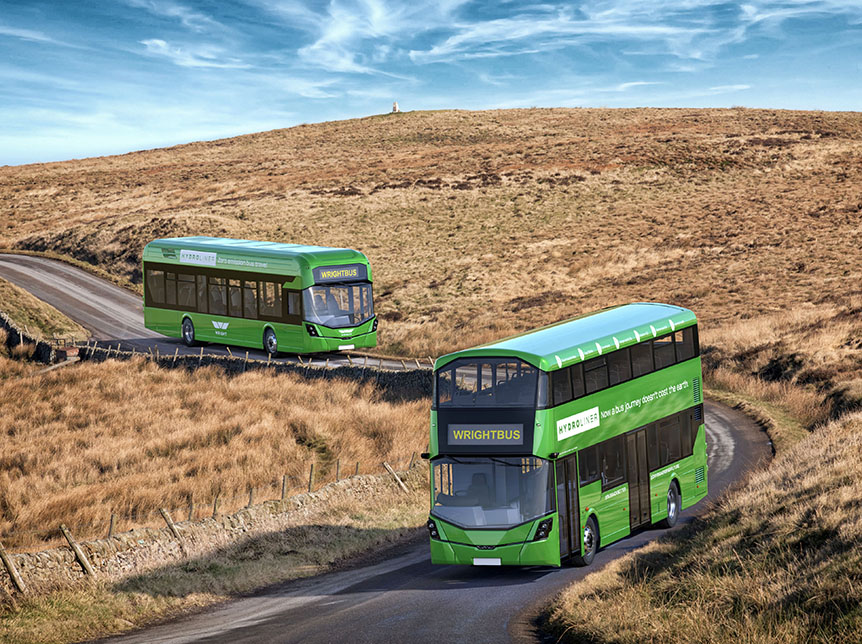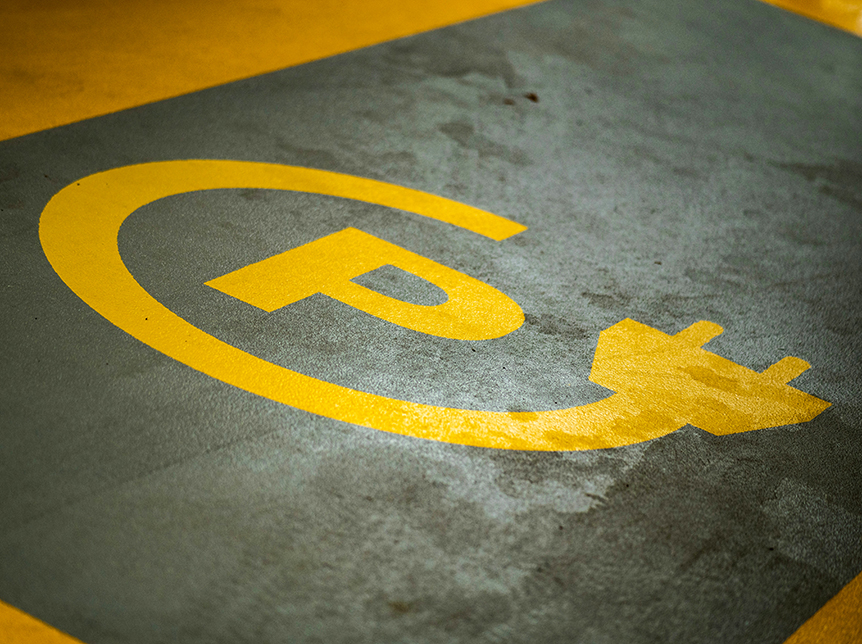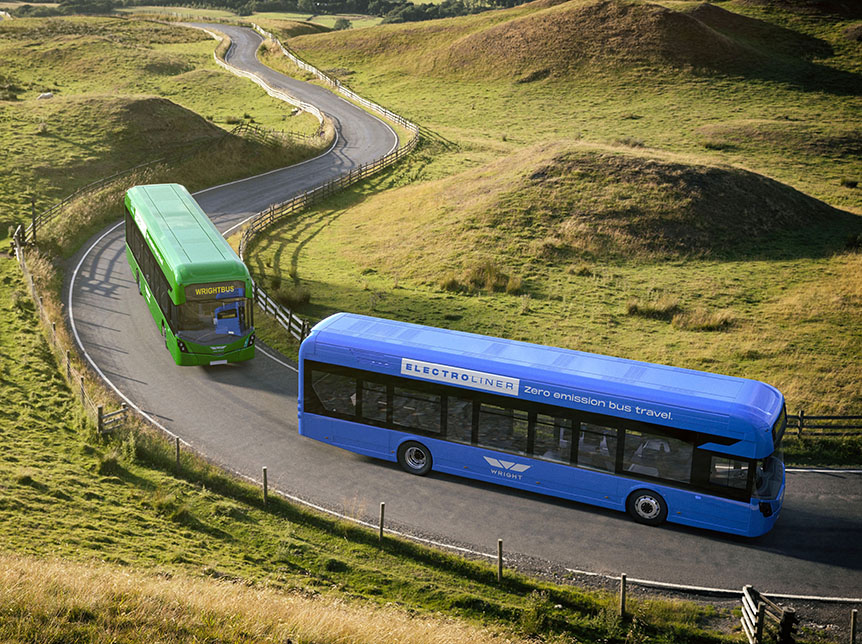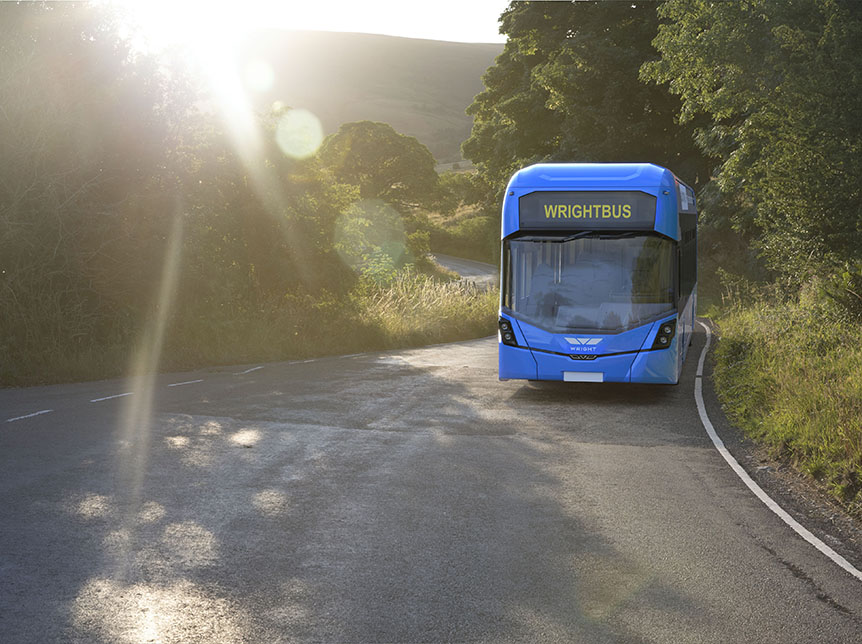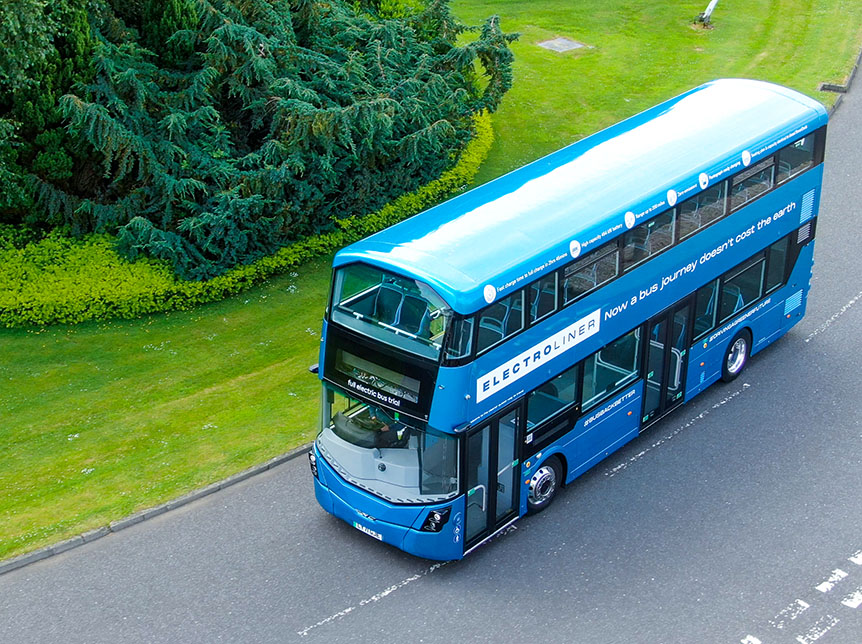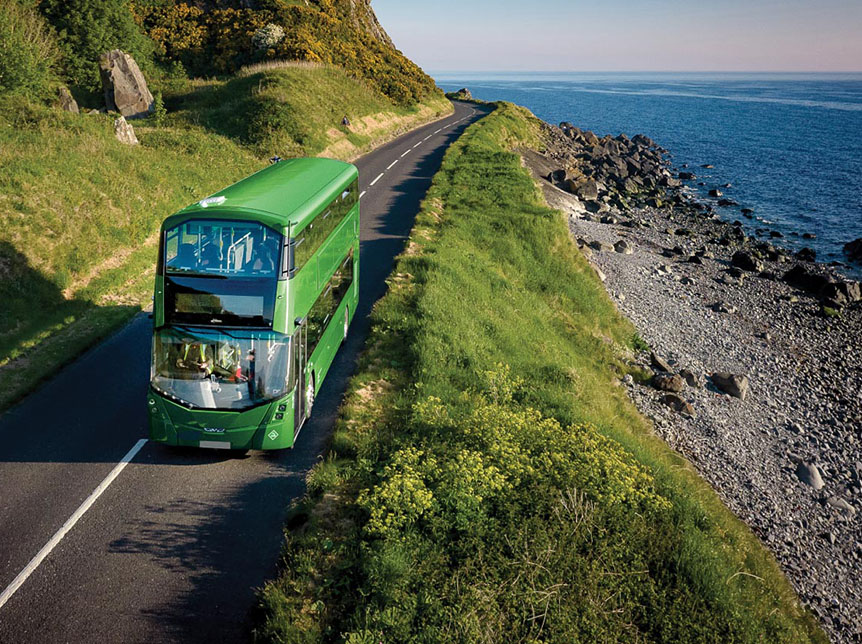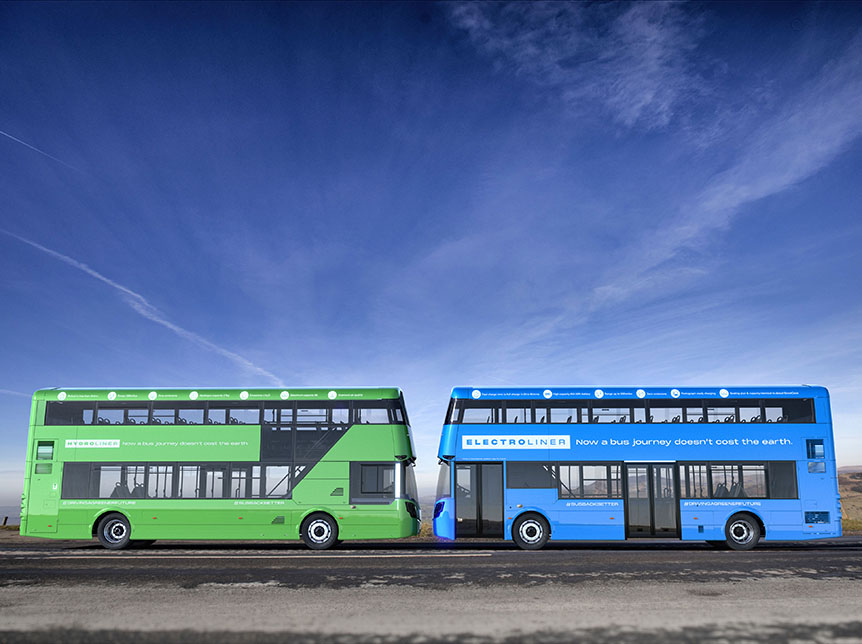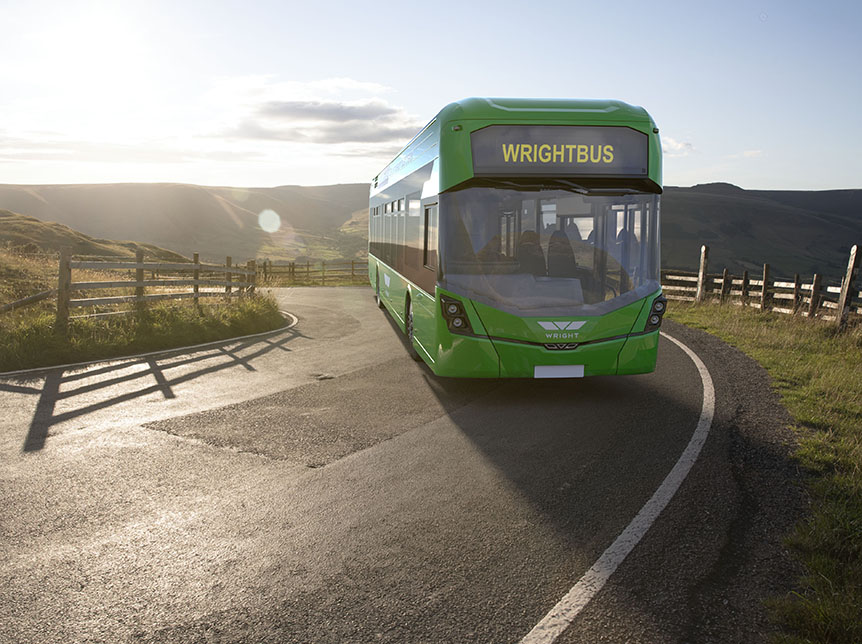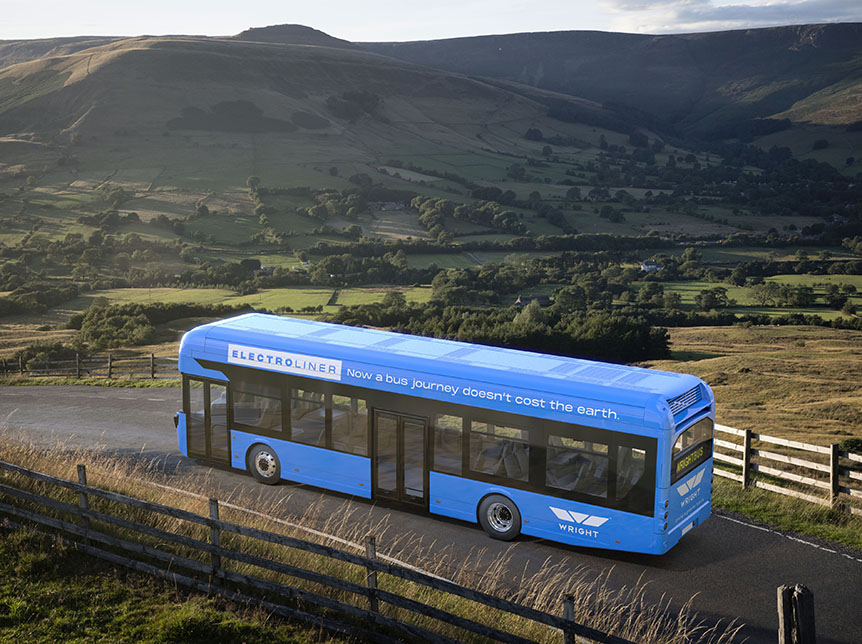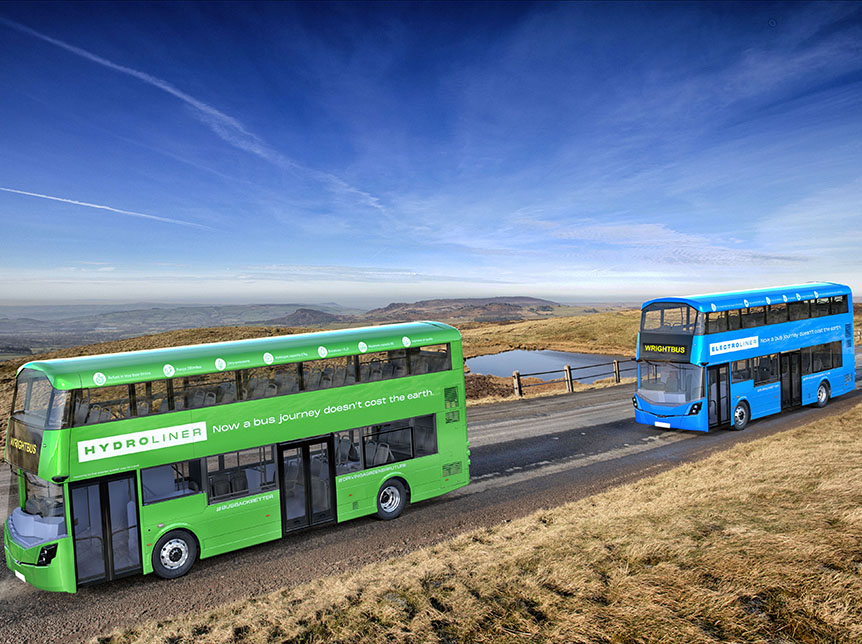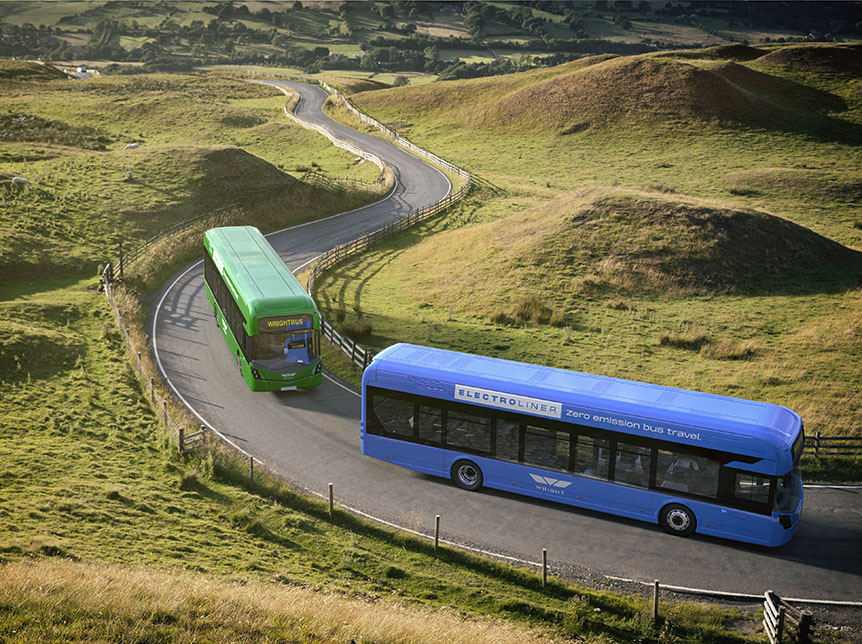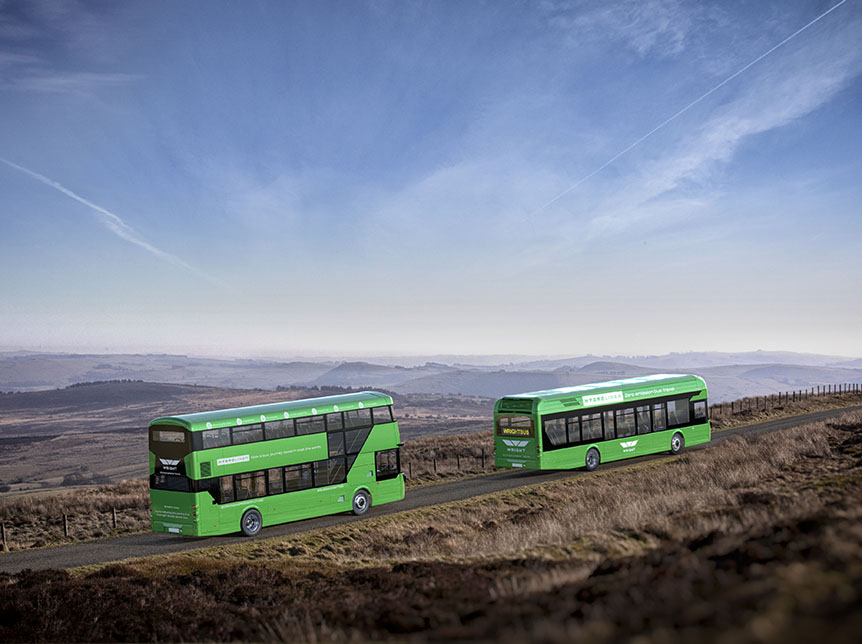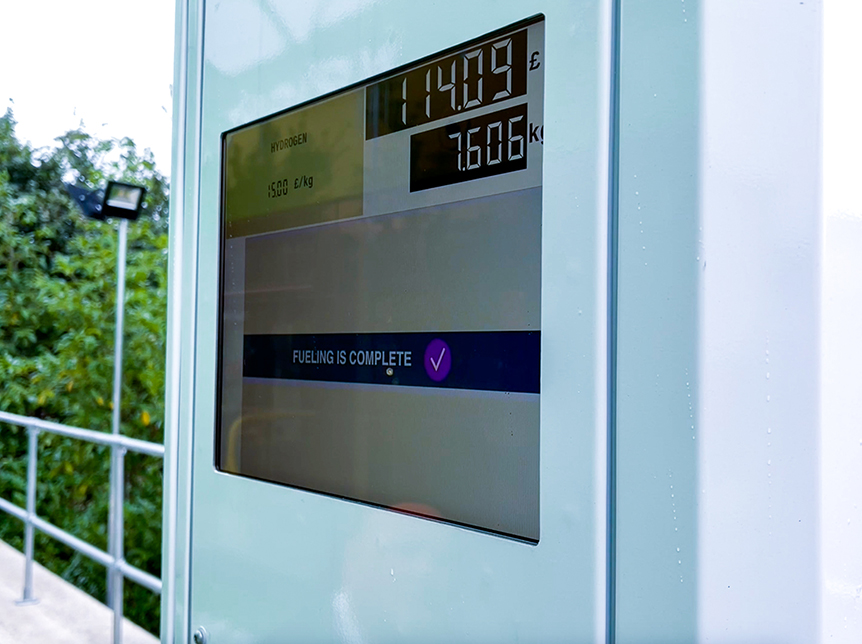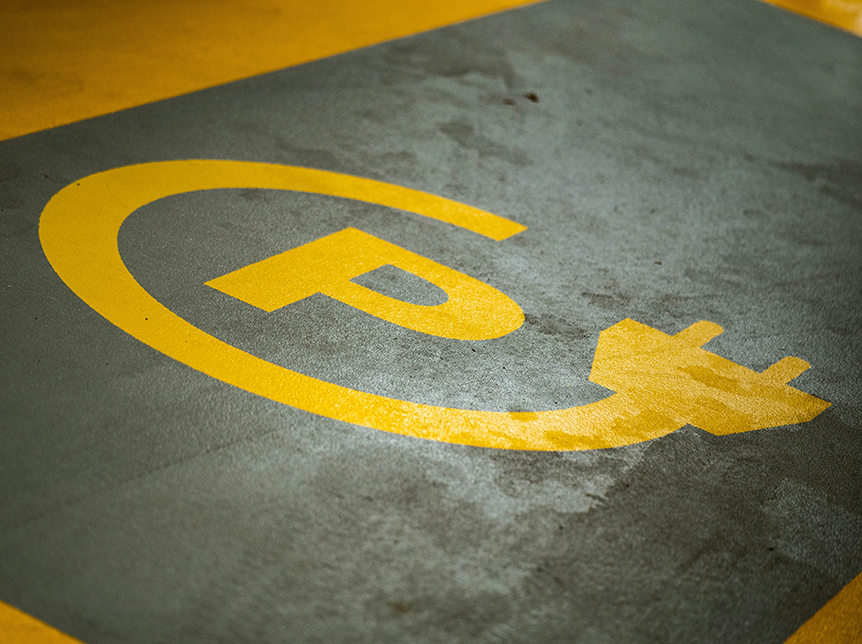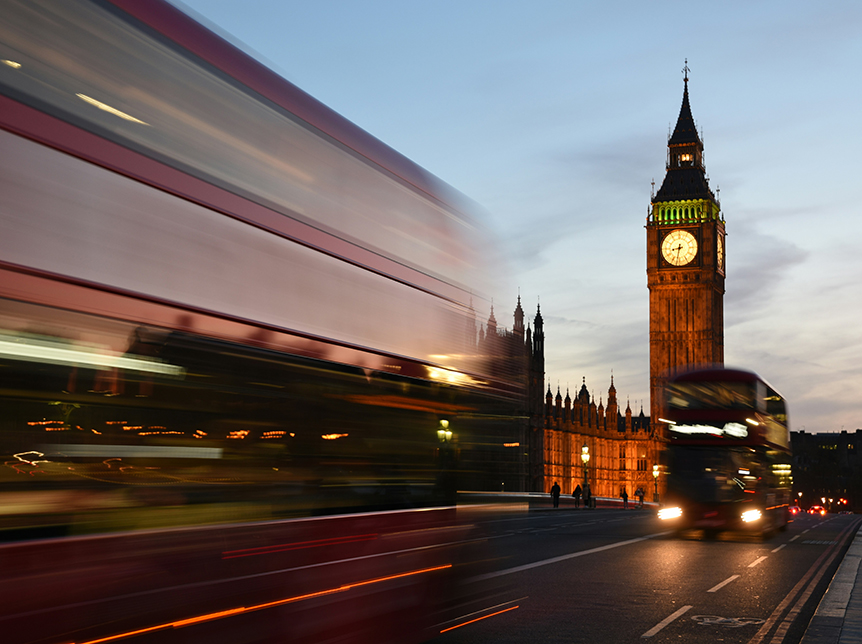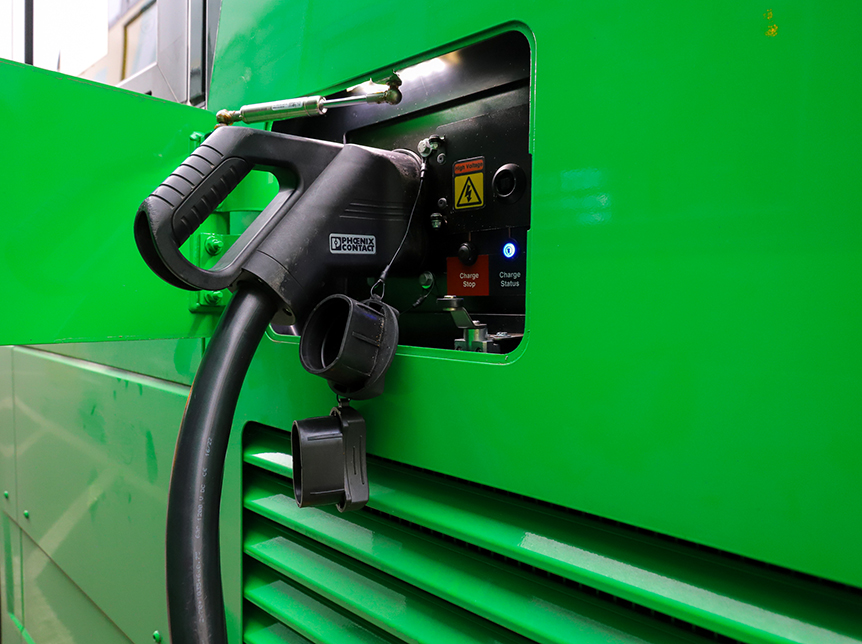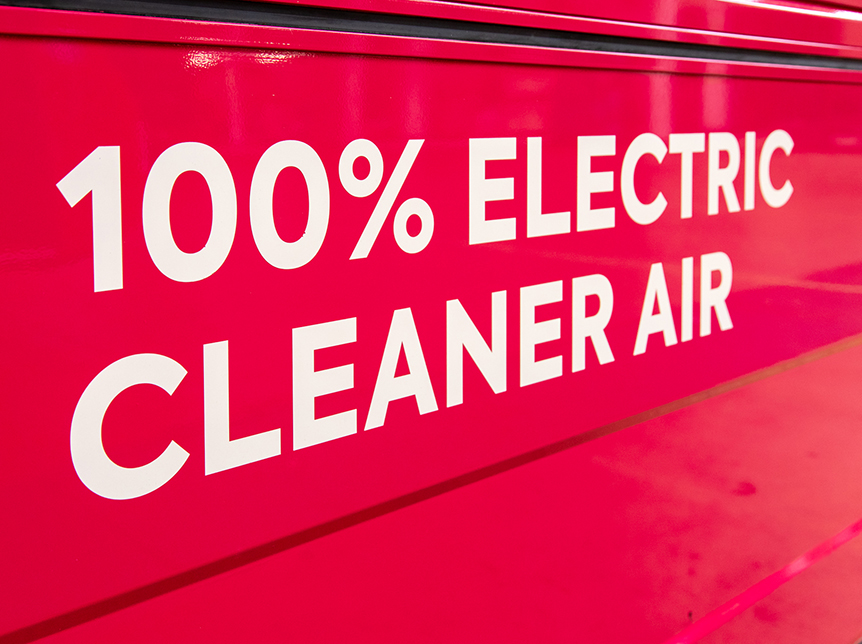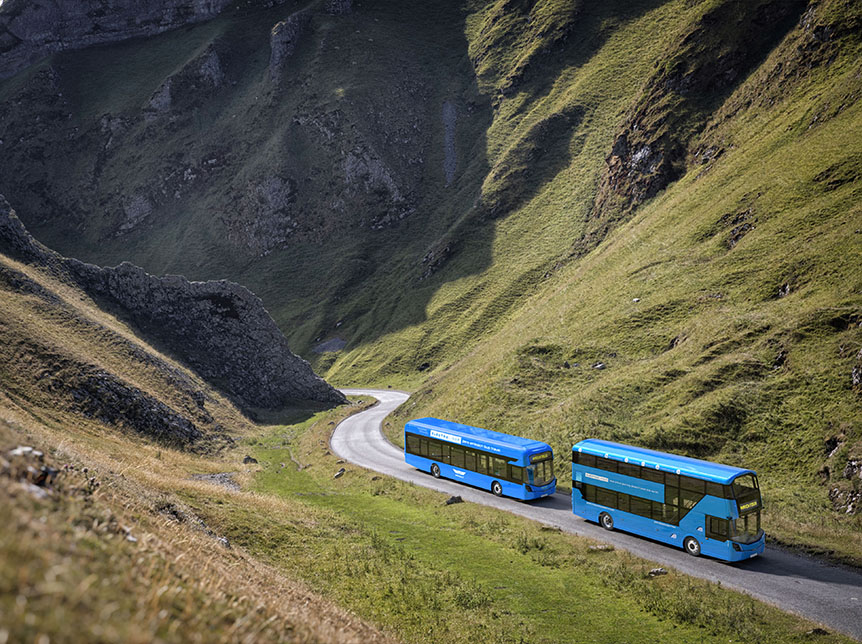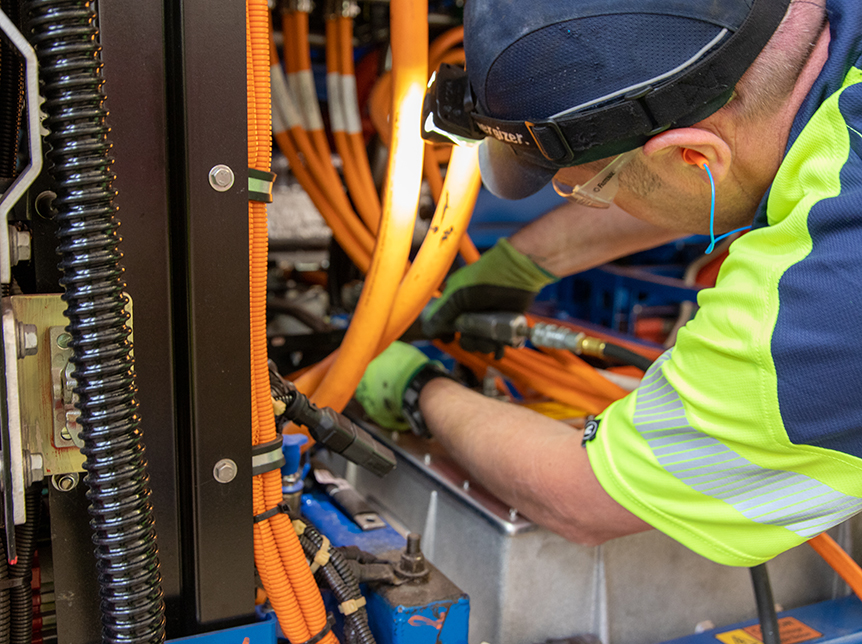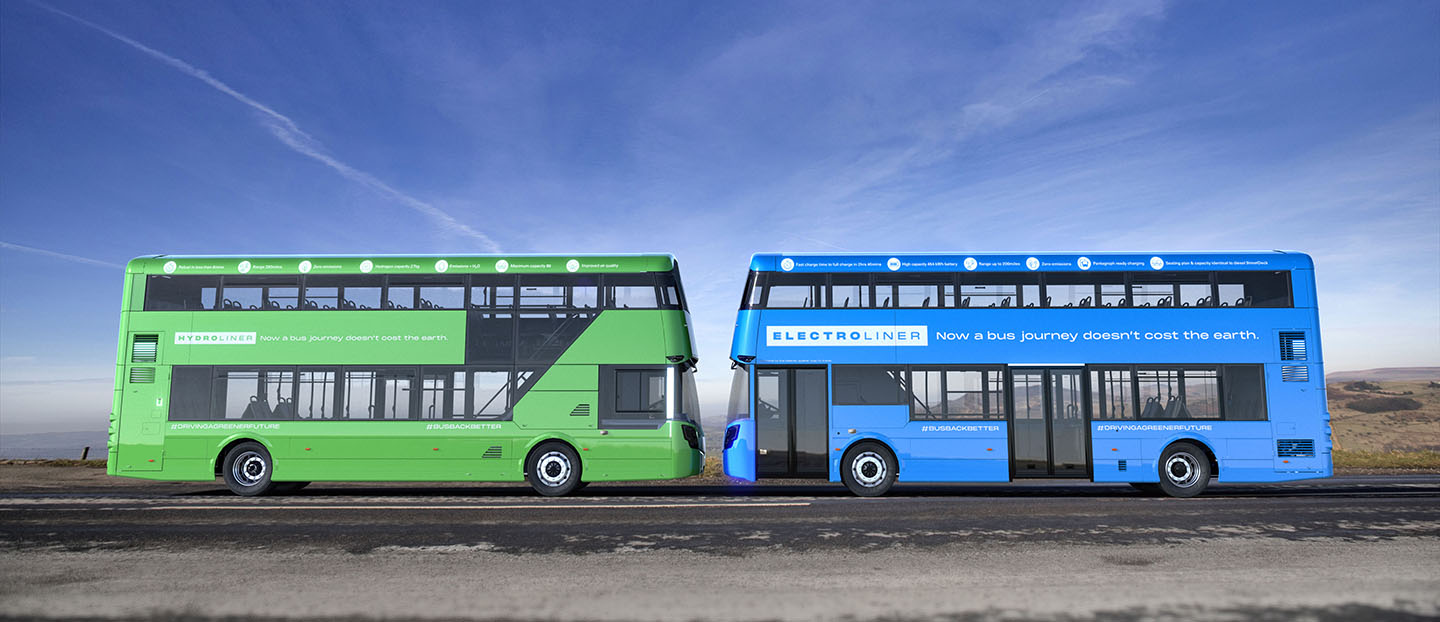
Double-deck buses are an iconic symbol of urban transportation in the United Kingdom, traversing the bustling streets of cities like London, Manchester, and Edinburgh. These distinctive vehicles, with their two levels of seating, have long been a staple of public transit systems, offering efficient transportation for large numbers of passengers in densely populated areas.
In the UK, double-deck buses serve as a vital component of public transportation networks, providing a reliable and cost-effective means of getting around cities and towns. Their spacious interiors and high passenger capacities make them particularly well-suited for busy commuter routes and peak travel times, helping to alleviate congestion on the roads.
In recent years, there has been growing interest in introducing cleaner and more sustainable buses to reduce emissions and combat air pollution in urban areas. As a result, hydrogen fuel cell buses have emerged as a promising alternative to traditional diesel-powered buses.
Hydrogen fuel cell buses utilize hydrogen gas to generate electricity, which powers an electric motor to drive the vehicle. These buses produce zero tailpipe emissions, emitting only water vapor and heat as byproducts, making them an environmentally friendly option for public transit fleets.
In the UK, several manufacturers are actively involved in the development and production of hydrogen fuel cell buses, collaborating with transit agencies and government organizations to bring these innovative vehicles to market. These manufacturers are committed to advancing the technology and infrastructure necessary to support the widespread adoption of hydrogen fuel cell buses across the country.
In addition to their environmental benefits, hydrogen fuel cell buses offer quiet operation and smooth acceleration, providing passengers with a comfortable and enjoyable ride. With continued investment in hydrogen infrastructure and supportive government policies, hydrogen fuel cell buses have the potential to play a significant role in the transition to a cleaner and more sustainable transportation system in the UK.
In conclusion, double-deck buses remain an integral part of the UK's public transportation landscape, providing efficient and reliable service to millions of passengers each day. As the country seeks to reduce emissions and improve air quality, the introduction of hydrogen fuel cell buses offers a promising solution for cleaner and greener urban transit.
Read more
Single Decker Electric Buses: Paving the Way for Sustainable Public Transport
Read onThe Double Decker Electric Buses: Revolutionizing Urban Transportation
Read onElectric Buses and Hydrogen Vehicles: Driving the Future of Sustainable Transportation
Read onHybrid Buses: The Future of Sustainable Double Decker Transportation
Read onThe Future of Public Transit: Single Decker Buses and Hydrogen Fuel Cell Vehicles
Read onExploring the Future of Transportation: Battery Electric Vehicles and Double Decker Buses
Read onNavigating Urban Landscapes: The Versatility of Single Deck Buses and Double Deck Buses
Read onLondon's Bendy Bus Legacy and the Innovation of London Electric Vehicle Company
Read onPioneering Zero-Emission Transport: The Rise of Electric Bus Companies in the UK
Read onEmbracing Tomorrow's Roads: Zero-Emission vs. Battery Electric Vehicles
Read onThe Perfect Blend: Exploring Hybrid Electric Vehicles and the Role of Coach Builders
Read on
Get in touch
Wrightbus has been at the forefront of transport innovation since 1946, relentlessly pushing the boundaries with its commitment to quality, style and safety.
